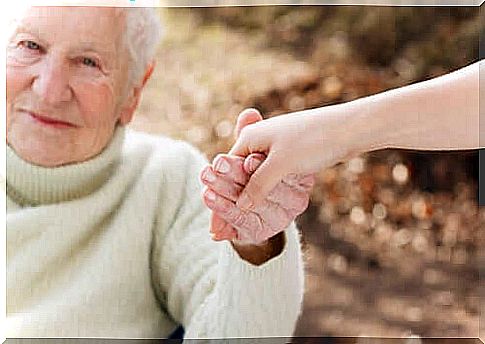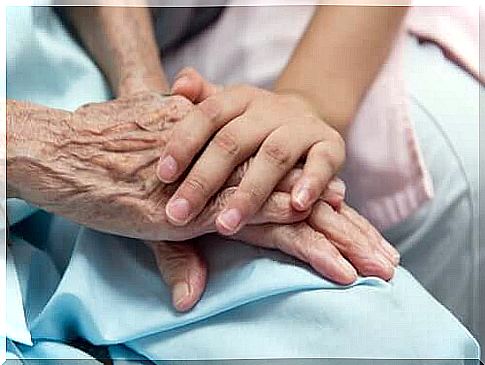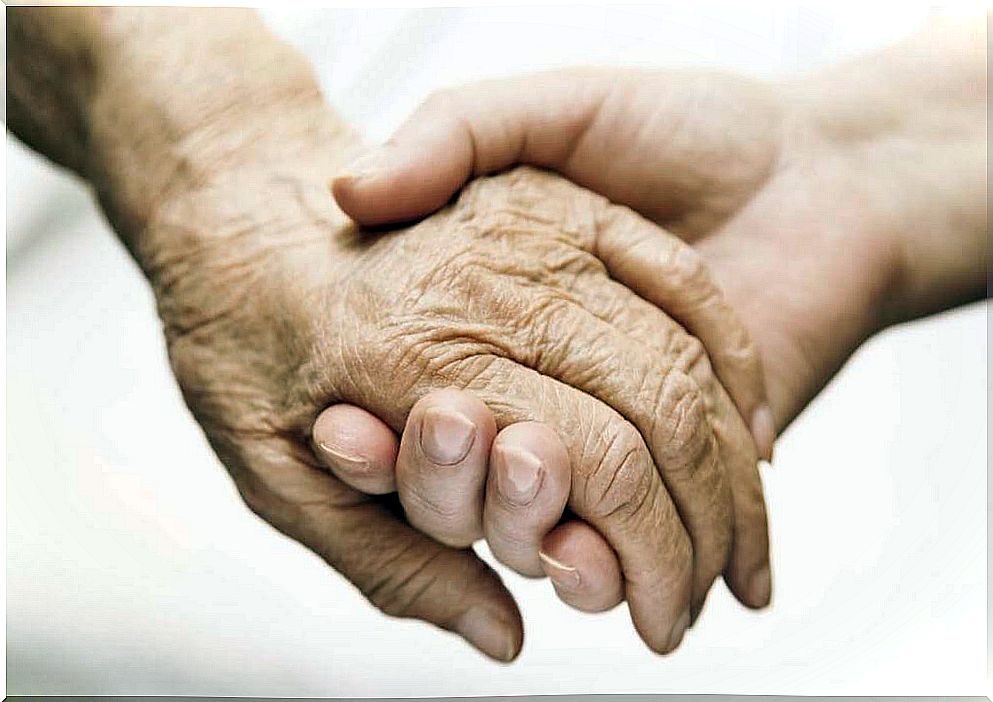Care For Dependent People

The treatment of dependent people is a challenge on several levels: social, family, or individual. Here we are going to talk more concretely about the people who act as caregivers of those who need it.
But first, what does “take care” mean? What types of caregivers are there?
When we say “caring” we mean “ providing help to dependent people so that they can feel that their physical, social and emotional needs are met” (IMSERSO, 2009).
There are two main types of caregivers: the formal caregiver and the informal caregiver. When we speak of formal caregivers, we mean professionals whose professional activity belongs to this field. They are therefore mainly social workers and nurses and auxiliaries. Informal caregivers, on the other hand, correspond to family members, friends and neighbors, among others.
Rogero defines the informal caregiver as “the provision of basic care and attention by family members and relatives, but also by other workers. This care is provided in an altruistic manner to people with a certain degree of disability or dependence. ”
According to the World Health Organization (1999), long-term care is predominantly provided by informal caregivers (family members, friends or neighbors), health professionals or both. The objective is to improve the quality of life of the elderly in a situation of dependency by responding to their individual preferences, promoting their autonomy and respecting the most important: human dignity.

Why is the figure of the caregiver so important?
It promotes basic activities of daily life
When we think concretely about the concept of the caregiver, it is certainly the main idea that comes to mind. Providing care to dependent people includes helping them perform basic tasks. We therefore help them to eat, to go to the toilet, to shower, to get dressed.
In fact, the caregiver creates a personalized plan of attention and care based on the individual’s particular needs. It should be taken into account that the degree of dependence and personal circumstances may vary from person to person.
It creates a climate of trust
Trust is the sense of security that someone feels in someone else. It is the capacity not to doubt the actions of the other in specific situations. We know very well how the other will act. By establishing a climate of trust, we perceive a climate in which the individual can say “I feel comfortable, calm, I am being taken care of”. It is a fundamental factor for the one receiving help as well as for the members of his family.
Ultimately, the caregiver generates in his environment a feeling of confidence and security for the person receiving the care (who feels safe and protected) and for the members of his family, even the rest of the family in the case. an informal caregiver. They may then think “I know my loved one is in good hands”, “if something happens to them, they will notice it very quickly and act on it”.
She gives affection and support
The caregiver provides companionship and emotional support to the person in their care. In a world where work occupies a large part of our daily lives, people accompanied by someone no longer feel so isolated and distant from their loved ones. In fact, caregivers offer them support that their families are certainly not able to provide.
It promotes the maintenance of autonomy
Although there is a certain degree of dependence depending on the state of health of the individual, it is important that the work of the caregiver is based on maintaining autonomy. The caregiver must encourage the realization of activities going in this direction.
To do this, the caregiver encourages and motivates the person to do things for themselves. He also understands that sometimes she has to go to great lengths to get there.

It maintains the link with the environment
Depending on the degree of dependence, the caregiver helps the person to maintain, enjoy and take care of their social relationships. It is essential to avoid isolation.
With the help of new technologies, caregivers can help addicted people stay active in their environment. They can help them attend certain events and meet their family, friends or neighbors.
It improves the quality of life
To conclude, it is necessary to remember that the provision of care for dependent people respects their integrity and dignity by encouraging their autonomy. Day after day, caregivers provide monumental work and show a lot of support for our society. It is a job which is not always recognized but which fully deserves it.
For this reason, these last lines will be devoted to highlighting the importance of caregivers, both professional and family. They become pillars for those they help and undeniably contribute to improving their quality of life.










